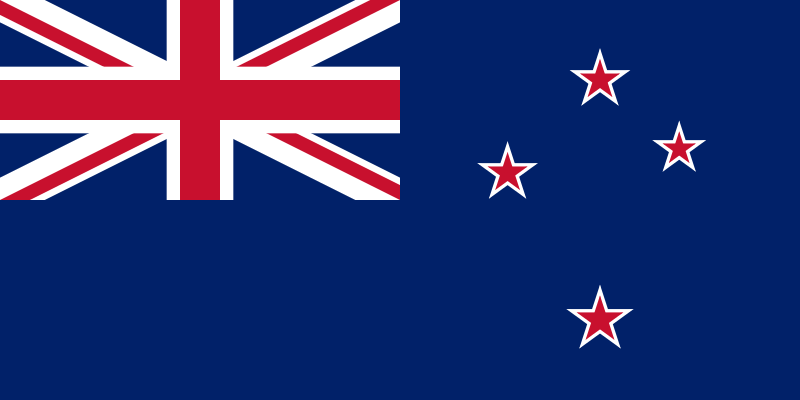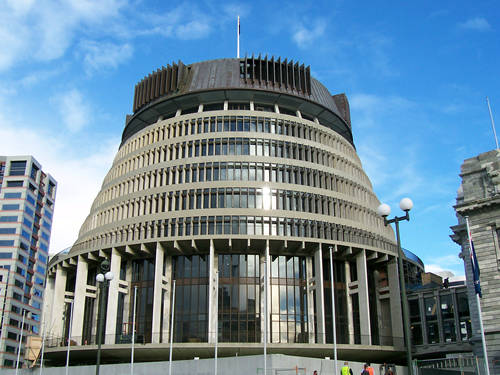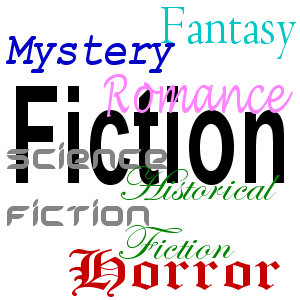Literary analysis
"A Language without limits"
p.99
 This text, taken from the "Toronto Star", talks us about the English variations that have been created by arabs, chinese, and Indian people, like the HInglish, the Chinglish and the Arabizi and how it is uniting and shaping the english of the future. The text also express that this variations are a good thing and are very normal, because for example in post colonial countries people are trying to reclaim english in their own way and variations. For this the author use a positive tone, meaning that the author is likely in favour of all this variations of the english language, therefore trying to inform people about this remarkable changes in English as it say here: "It's not a lesser english, it's one type of world english."
This text, taken from the "Toronto Star", talks us about the English variations that have been created by arabs, chinese, and Indian people, like the HInglish, the Chinglish and the Arabizi and how it is uniting and shaping the english of the future. The text also express that this variations are a good thing and are very normal, because for example in post colonial countries people are trying to reclaim english in their own way and variations. For this the author use a positive tone, meaning that the author is likely in favour of all this variations of the english language, therefore trying to inform people about this remarkable changes in English as it say here: "It's not a lesser english, it's one type of world english." It should be considered that this variations are cause mainly by inmigrants on countries like Canada, and the author give us example about this, of two persons but the most interesting one is the arabic girl Zina Alobaydi, because she makes us see how language is affected by the cultural context, because for example to talk about dating, she need to speak in english, because it is a tabuu subject in the Arabic world so she can`t express herself well when talking in Arabic about that subject , although all these variations are being used everyday by more people and it will be an important part of English in the future, as stated here:"Peering into the future, Helms-Park says written english will remain stable but we will see a "melting pot of Englishes" in Canada rather than pockets of HInglish and Chinglish."
The Author makes this non fiction text to inform us about something objective that is actually happening using a mix of formal English and some examples of the slang variations from this cultures and inmigrants, like for example: "Dim ah lei" (How are you?) or " "Ahlain Keefak" (Hi, How are you?). From all these facts we can think that the target audience are English speakers in Canada, specially in Toronto.
This a really impressive video about HInglish, it is also a very clever idea in my opinion, hope you enjoy:








